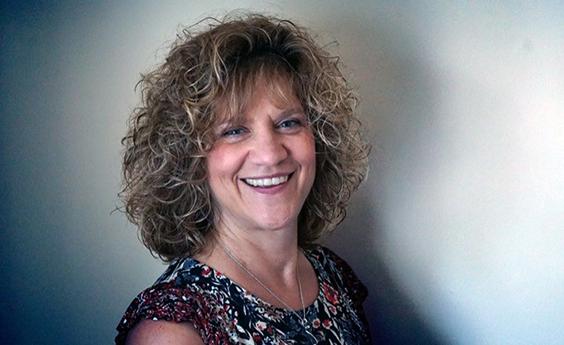Our guest blogger and school counselor, Christa Marvenko-Athas, has some useful insight for coping with our feelings during this stressful time. Take a look at her suggestions of how to approach this unprecedented situation at home.
As we all are determining how to manage our lives, obligations, and feelings regarding the coronavirus, it is important to consider we are being flooded with information regarding COVID-19. This information is upsetting, concerning, and scary; our fight-or-flight responses are being activated not only daily, but also for days on end.
With each new piece of information most of us experience mounting stress. In response to acute stress a cascade of stress hormones are produced in the body, which produces physiological change. We are not meant to sustain this high level of fight-or-flight for long periods as this can create problems of its own. Many of us are not only managing this stress response in ourselves but also in our children. As we continue to face this challenge, I feel it is important to focus on a counter measure to this fight-or-flight response in order to calm the body, the mind, each other, and our children, and stay in touch with our strength and resilience.
I heard the tail end of something on the radio a few days ago that I thought could be a helpful way to practice a counter measure to this ongoing stress response. I did not hear the name of the clinician or I would credit her. She spoke of practicing “the 4 M’s” and the following is my translation and adaptation of what I heard.
The 4 M’s are: Mindfulness, Movement, Mastery, Meaningful Connection.
Mindfulness
Most of our normal routines have been completely disrupted. Many of us are trying to not only manage ourselves but also to manage our children. It is important to create a new routine, a new rhythm. Create a daily schedule for yourselves and your children for the weekdays, just as you would if you were following your usual schedules. This will help the body and mind feel grounded at a time when most needed. Incorporate a time each day to sit with your family to practice being in the present moment and focus on strength and resilience.
There are many apps and breathing practices you can do together that can bring you some peace during your day. I suggest doing this in the same spot in your house each time, creating a space with reverence by beautifying the area with special objects and lighting.
This can also be used as family talking time to address any fears or answer any questions. As children hear, see and feel our responses to what is happening in our world they too can have an acute stress response. Reassuring children you are keeping them safe, as well as managing your own responses, is important for their well-being.
Movement
It is important to relieve the stress response by being physically active. Take some time each day to get outside and move your body. Whether you walk, run, or ride a bike, you are still able to practice safe social distancing. This is also important for children and adolescents. In addition, there are many movement practices you can do inside. Videos are available for yoga practice and stretching that could be fun activities to do together. Dancing at home can be fun too!
Mastery
Practice what you feel you have mastered. If you are a great gardener, do some gardening. If you love to cook, make your favorite meals for your family. If you play an instrument, make time for that during the week. Do some of what you love and feel you have mastered. Help your children to do the same. When we live in our confident competent selves, we are reminded of and feel our strength and resilience. Strength and resilience supports us through the toughest of times.
Meaningful Connection
This can be difficult as we become more isolated from each other. As human beings we need and thrive with human connection. Some of us are in our homes with family and some of us are alone. Make time to talk to others using any technology you have. If you do not have access to a phone or computer, perhaps you can sit outside on a porch or common area and talk with members of your community. This can be done while practicing safe social distancing. Contacting neighbors through your local listserv is another way to feel connected to others. Families can institute a game night, play cards, read to each other, tell stories, bake together, or anything else that brings connection and fun. Many opportunities to help others by offering your mastered skills are beginning to pop up on social media and is another way to make meaningful connections.
The practice of these “4 M’s” can create a countermeasure to the constant fight-or-flight stress response and is important for our mental and physical health, especially since we do not know how long this event will last.
Here are some links to some popular free mindfulness applications. There are also many yoga platforms offering free access to their classes.
Christa Marvenko-Athas is the school counselor at the Waldorf School of Baltimore. She is a Licensed Clinical Social Worker and has been providing psychotherapy and counseling services to adults, adolescents, children, couples, families, and groups for more than 25 years. To learn more about Christa, visit her website: https://christamarvenkoathas.com/

